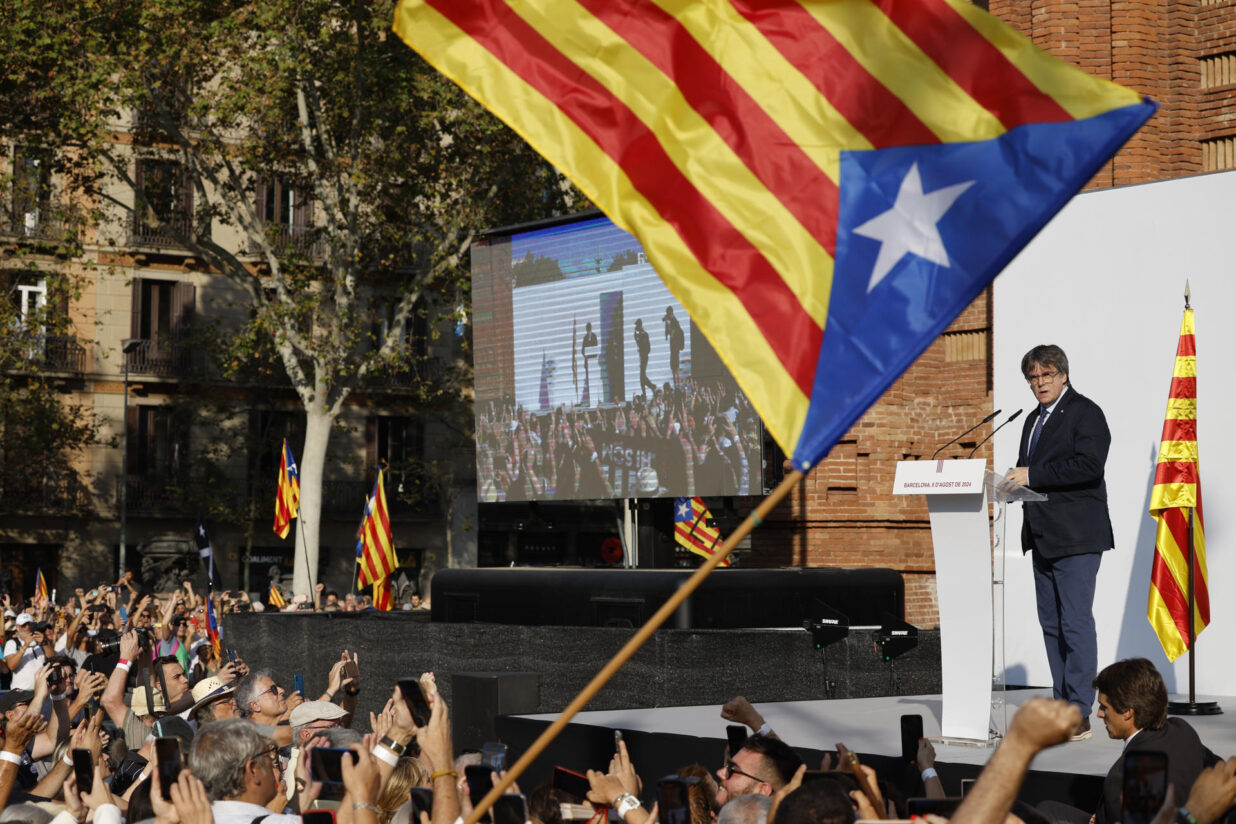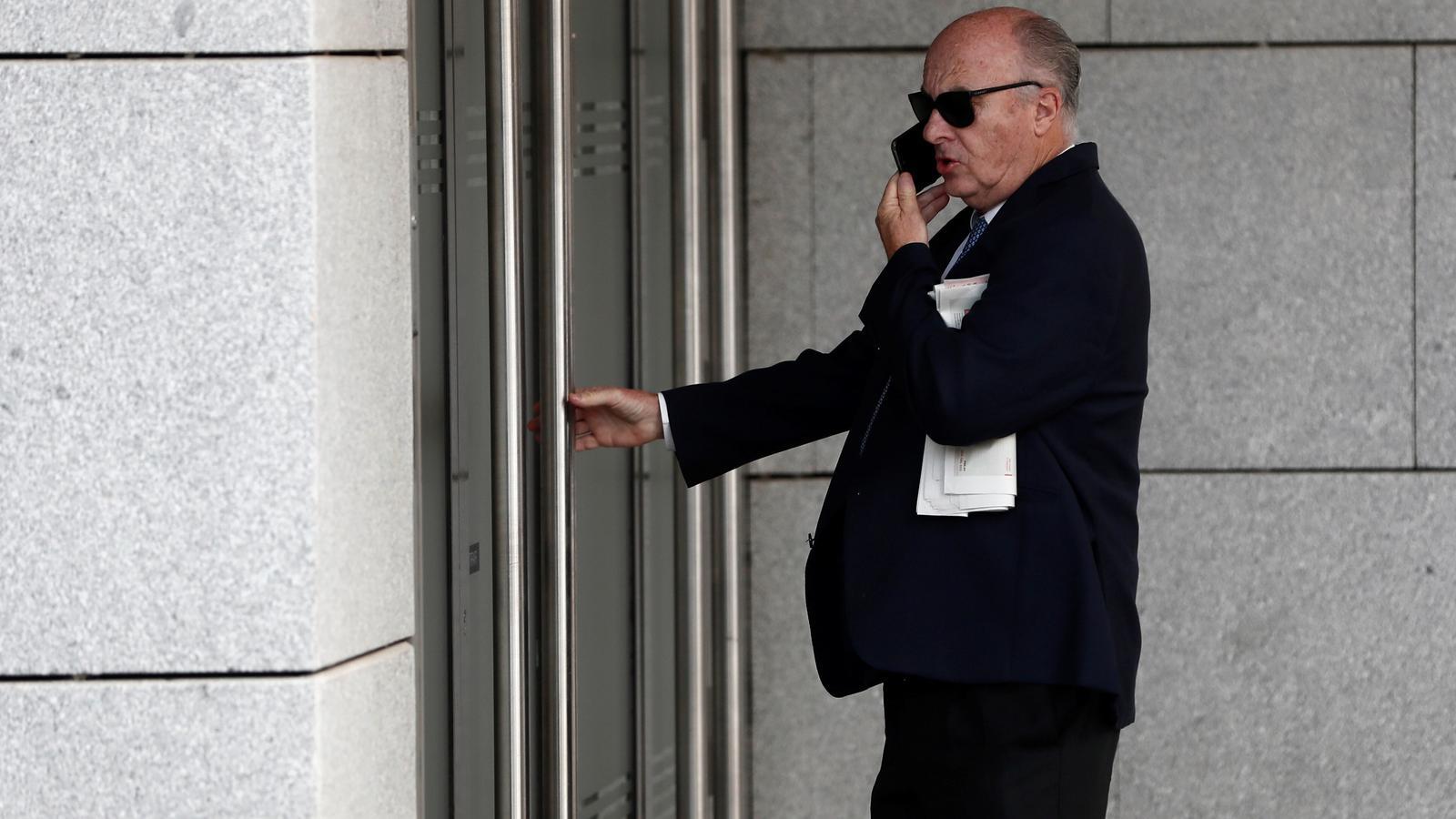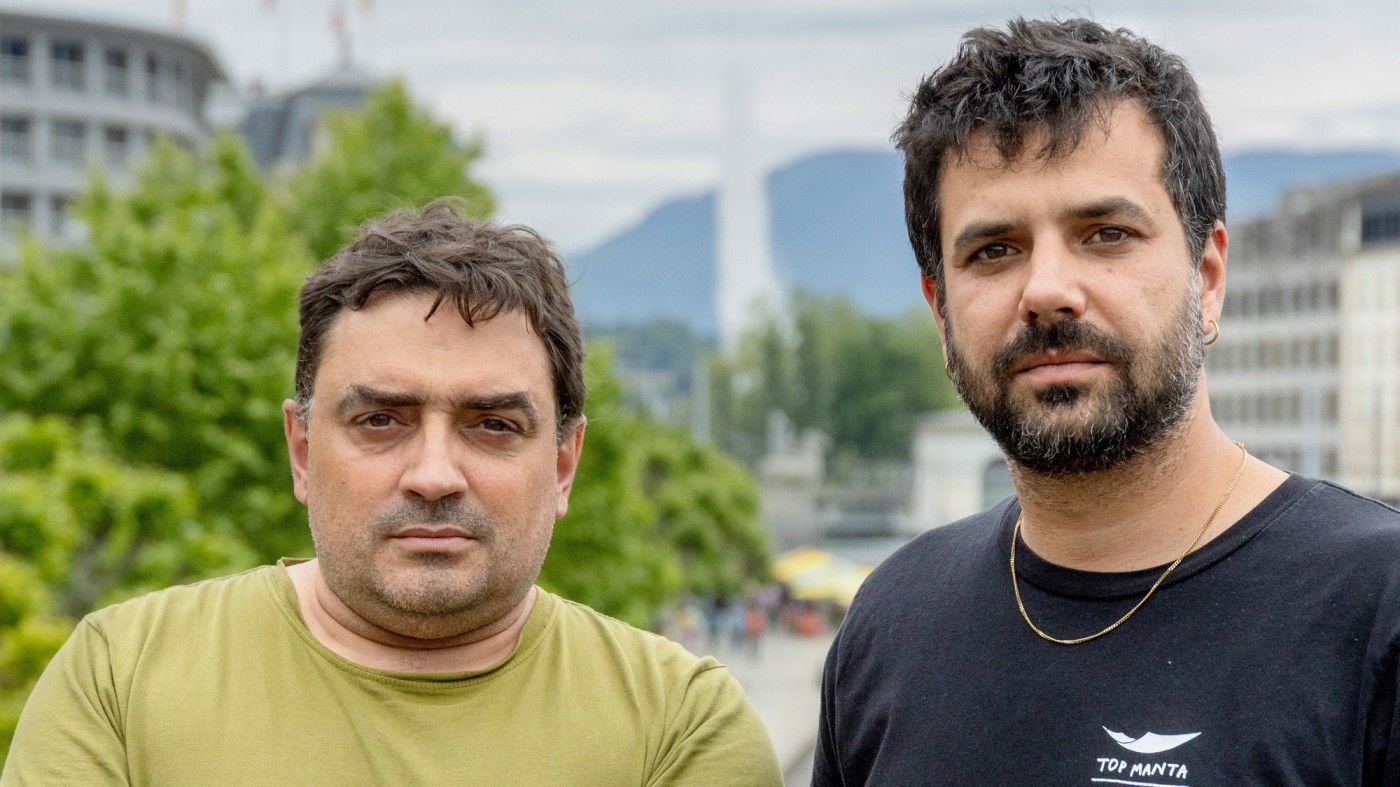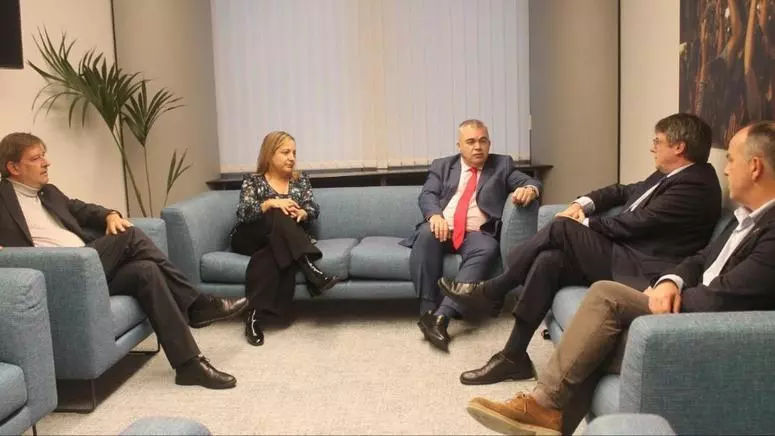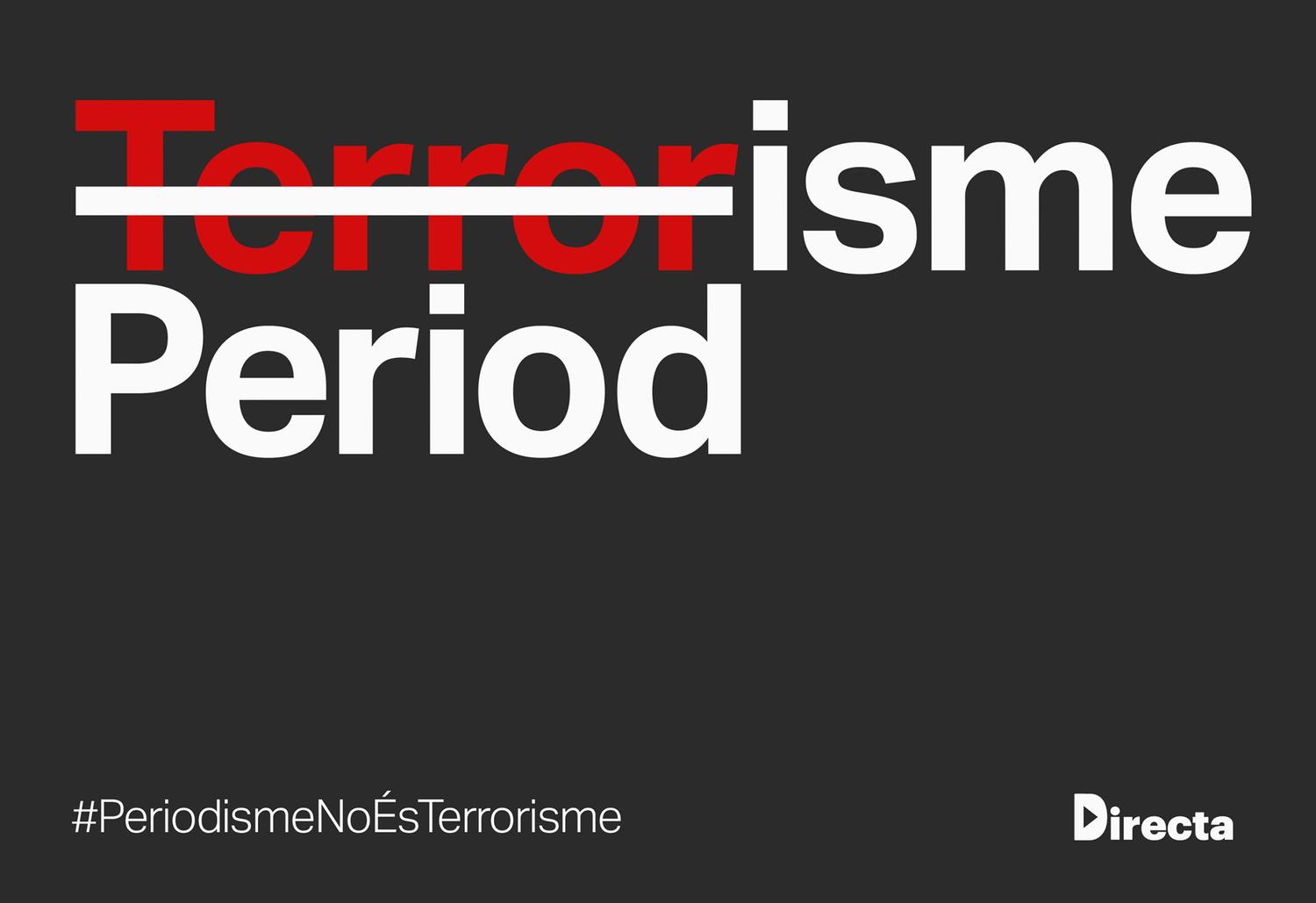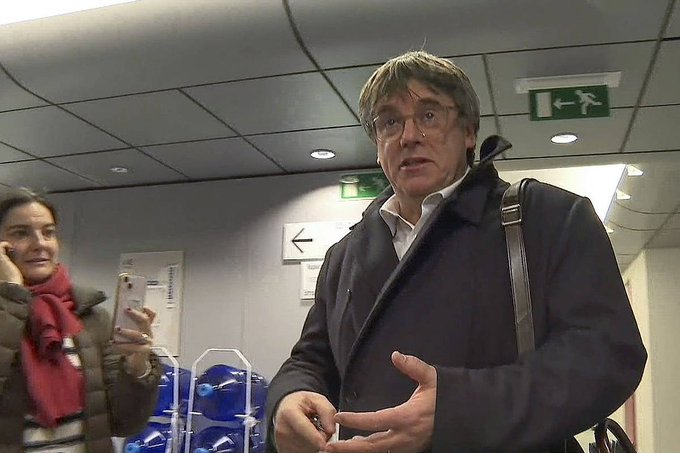The six accused of disobedience will be tried in Catalonia
- The Supreme Court has handed over the case to "expedite" the trial against the continuing sovereign process in Catalonia. Apart from the defenses ' arguments, the Supreme insists that it is for him to judge those accused of rebellion.

The judicial case against the Catalan sovereign process is “indissoluble”. This was stated yesterday in an order by the Supreme Court judge, Manuel Marchena, president of the court judging the macro-trial in the Congress of Deputies. However, in order to "expedite" the trial, he decided to delegate to the Superior Court of Justice of Catalonia the trial against the six accused of disobedience. The accused are Lluís Guinó, Lluís Corominas, Anna Simó, Joan Josep Nuet and Ramona Barrufet, members removed from the Table of the Parlament of Catalonia, and the Cup member, Mireia boya. For them, the Prosecutor’s Office calls for economic fines and a disqualification of between 16 and 20 months for a member of the eta.
The defenses of the twelve political leaders prosecuted for rebellion or embezzlement of public funds, or both, in relation to the sovereign process, also called for their clients to be tried in Catalonia by understanding, among other things, that the alleged crimes they were charged with were committed in Catalonia, were seized and it is not for the Supreme to judge them. But Marchena has responded that the alleged crime goes beyond the borders of Catalonia, where the jury has taken a unanimous decision, and that the effects of the unilateral declaration of independence have spread beyond it. The Supreme Court will judge, as expected, Oriol junqueras, Carme Forcadell, Jordi Sànchez, Jordi Cuixart, Raül Romeva, Joaquim Forn, Jordi Turull, Josep Rull, Dolors Bassa, Santi Vila, Carles Mundó and Meritxell. The Public Prosecutor's Office calls for a sentence of between seven and 25 years in prison for attempted murder.
The order of the Supreme Court issued yesterday by the Supreme Court cannot be appealed to the Supreme Court. The defenses have ten days to present their writings, which are about to be acquitted, and all parties may ask for evidence. The Supreme will then decide whether or not to accept them and will report on the date of the commencement of the trial, to be held at the end of January.
To bring to Catalonia the cause of those accused of disobedience, the Supreme argues 'reasons of effectiveness', 'related to the duration and complexity of the foreseeable trial'. However, in explaining the change of approach, it has not addressed the legal background to the issue.
The Supreme argues “for reasons of effectiveness” to transfer to Catalonia the cause of those accused of disobedience, “those related to the duration and complexity of the foreseeable trial”. However, in explaining the change of approach, it did not address the legal background to the issue.
Regarding those accused of rebellion and misappropriation of public funds, the Decree states that “the constitutional system does not recognize the right to be tried close to home”. For their part, the defenses have called for the trial to be conducted through a system of simultaneous translation so that the accused can express themselves in Catalan. Judge Marchena, who has written the order, has left this possibility "open" and has asked the lawyers for more details on the Prosecutor's Office's request. However, he criticised this request ‘spontaneously’, stressing that, in this respect, the defendants ‘for a long time’ who have been in the process have not shown ‘a defenceless complaint’.
“Legitimate depressions of bars”
The defenses claimed on 18 December, at the pre-trial session, that the Supreme violated the rights of the accused. Andreu Van den Eynde, lawyer for Junqueras and Romeva, then pointed out that, for example, the accused “are politicians doing politics”. Boya’s lawyer, Carlos López, denounced that “there is a reason for state” behind the trial against the sovereign leaders: “There is no legal reason for the facts to be judged.” In this sense, Marchena considers that the “legitimate evictions of the bars” are the most lawyers, but “they do not have the guarantee of any argument”.
This news was published by Berria and we brought it to ARGIA thanks to the CC-by-sa license.
Walk from a train station, two friends and a hug. This hug will be frozen until the next meeting. I'll come home, he'll stay there. There, too, will be free the painful feeling that injustice wants us to catch. Jesús Rodríguez (Santa Coloma de Gramenet, 1974) is a journalist,... [+]








